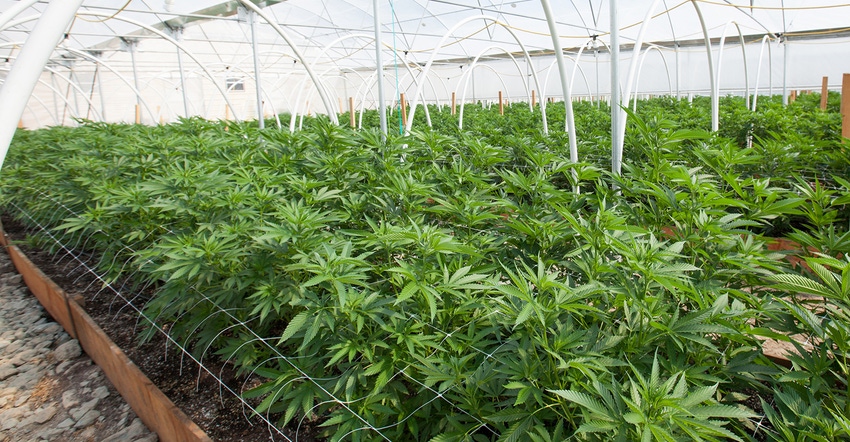Short of standalone Congressional legislation, much less FDA action to create regulations that support consumer access to hemp CBD, the next vehicle to alter the market remains the farm bill.

Yes, consumers have naturally gravitated toward hemp CBD and have demanded access to the primary hemp cannabinoid. But what has really pushed the market along is laws signed and regulations … not.
The 2014 farm bill really allowed hemp CBD to take off in the consumer market—and without question the 2018 farm bill led to the wild growing season of 2019 (which, ahem, led to overproduction and a consequent market collapse on the producer side).
With hemp CBD not exactly making it out of the pandemic alive, everyone is searching for a way out of the doldrums. The FDA had a big-time public meeting in March 2019, and said it would take that information gained there to help it devise appropriate regulations. But then FDA outgoing commissioner Scott Gottlieb said it would take the agency a good three years to design those regulations. But then, after all, the FDA eventually settled on not doing anything.
“The FDA [in September 2022] threw its hands up and said, ‘We don’t think we have the wherewithal to do it on its own,” said Steve Mister, president and CEO of the Council for Responsible Nutrition, an industry trade group. “We have a vehicle with the farm bill this year.”
Not even the low-hanging fruit of the SAFE Banking Act, which would at least allow financial firms the ability to gain access to the cannabis market, has been able to pass Congressional muster. But could the third time be the charm (again) for the hemp industry to support legislation to improve its market stature?
“We’ve been advocating for CBD to have a legitimate pathway in supplements ever since the last farm bill,” said Mister. “The 2023 farm bill provides a new opportunity to get Congress to move forward and legalize hemp cannabinoids.”
Mister said he is concerned with the FDA’s pronouncement that it lacks the regulatory authority it needs and would like to create a different regulatory category for cannabis, hemp especially.
“There’s no reason FDA cannot regulate CBD and the other cannabinoids as an herbal under DSHEA.”
He said if the FDA is able to undermine DSHEA and open up legislative movement for a whole new supplement model, that is not likely something Mister said the Council for Responsible Nutrition could support.
About the Author(s)
You May Also Like






.png?width=800&auto=webp&quality=80&disable=upscale)